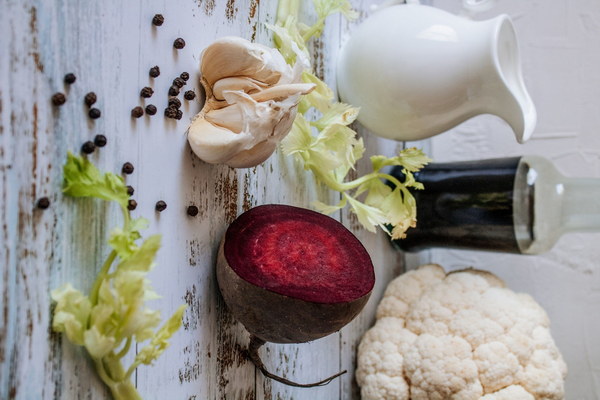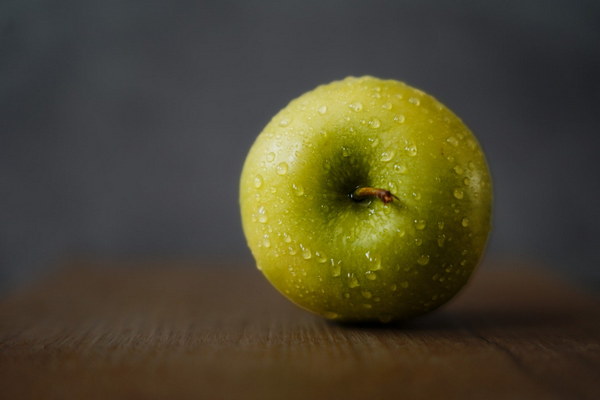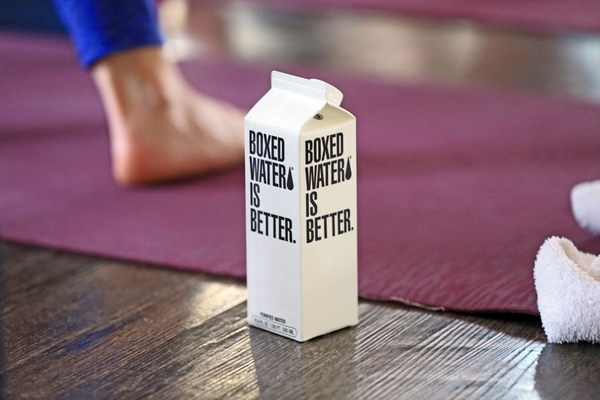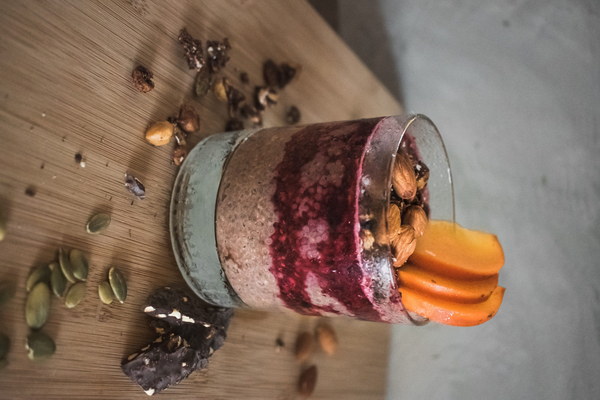How to Take Care of Your Body After a Blood Clot Essential Tips for Recovery
Introduction:
Dealing with a blood clot can be a challenging experience. However, taking proper care of your body during and after recovery is crucial to prevent complications and improve your overall well-being. In this article, we will discuss essential tips on how to take care of your body after a blood clot, including lifestyle changes, medical treatments, and self-care strategies.
1. Consult with Your Healthcare Professional:
It is essential to work closely with your healthcare provider throughout your recovery process. They will guide you on the appropriate treatments, medications, and lifestyle modifications based on your specific condition.
2. Medications:
Your doctor may prescribe anticoagulant medications to prevent the formation of new blood clots and to dissolve existing ones. It is crucial to follow the prescribed dosage and report any side effects to your healthcare provider.
3. Compression Stockings:

Wearing compression stockings can help improve blood circulation in your legs and reduce the risk of developing new blood clots. Your healthcare provider can recommend the appropriate size and type of stockings for your needs.
4. Lifestyle Changes:
Adopting a healthy lifestyle can significantly contribute to your recovery process. Here are some lifestyle changes you can make:
a. Regular Exercise: Engage in moderate-intensity aerobic exercise, such as walking, swimming, or cycling, to improve your cardiovascular health and circulation. Consult with your healthcare provider before starting any new exercise regimen.
b. Maintain a Healthy Weight: Excess weight can increase your risk of developing blood clots. Work towards maintaining a healthy weight through a balanced diet and regular physical activity.
c. Quit Smoking: Smoking can increase the risk of blood clots and worsen the symptoms of a blood clot. Seek help from your healthcare provider to quit smoking.
d. Limit Alcohol Consumption: Excessive alcohol intake can increase the risk of blood clots. It is advisable to limit your alcohol consumption to moderate levels.
5. Nutrition:
A well-balanced diet can support your recovery and overall health. Consider the following nutritional tips:
a. Increase Your Intake of Fruits and Vegetables: These foods are rich in vitamins, minerals, and antioxidants that can help reduce inflammation and improve your immune system.
b. Choose Healthy Fats: Incorporate sources of healthy fats, such as avocados, nuts, and olive oil, into your diet to support cardiovascular health.
c. Limit Processed Foods and Saturated Fats: Processed foods and high amounts of saturated fats can increase your risk of blood clots and other health issues.
6. Manage Chronic Conditions:
If you have any chronic conditions, such as diabetes, heart disease, or obesity, it is essential to manage them effectively. Work with your healthcare provider to develop a plan that includes medication, lifestyle changes, and regular monitoring.
7. Emotional Support:
Recovering from a blood clot can be physically and emotionally challenging. Seek emotional support from friends, family, or a support group to help you cope with the stress and anxiety.
8. Regular Follow-Up:
Schedule regular follow-up appointments with your healthcare provider to monitor your progress and make any necessary adjustments to your treatment plan.
Conclusion:
Taking care of your body after a blood clot is essential to ensure a successful recovery. By following these tips, you can improve your chances of preventing complications and maintaining a healthy lifestyle. Always consult with your healthcare provider for personalized advice and support throughout your recovery journey.









